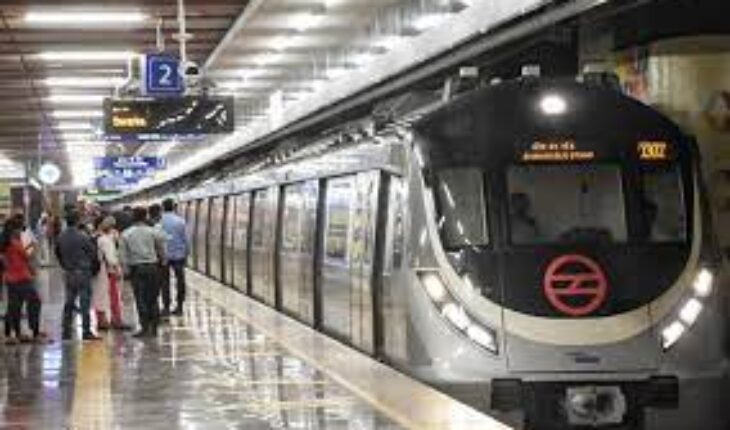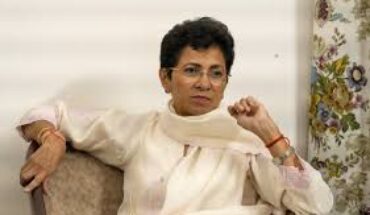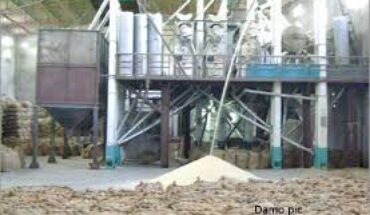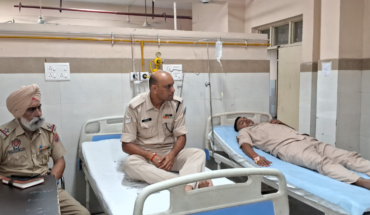New Delhi : The Delhi Metro Rail Corporation (DMRC) has informed the Delhi High Court that it has requested the Centre and the city government for over Rs 3,500 crore each as interest free subordinate debt for repayment of the unpaid arbitral award passed in favour of Reliance Infrastructure-owned Delhi Metro Express Private Limited (DAMEPL). The DMRC said though this step of interest free subordinate debt lay more financial burden on the Delhi Metro, the less bothersome option of issue of equity shares which was explored earlier failed to materialise.
“The DMRC, following the decision of its Board of Directors, have approached its shareholders, that is, Government of India and Delhi government and had written letters dated January 18, 2023 to Ministry of Housing and Urban Affairs and Delhi government that a sum of Rs 3565.64 crore may please be provided as interest free subordinate debt at an early date so that the Supreme Court directions may be complied with,” the DMRC said in an affidavit in the high court.
The matter came up for hearing on Thursday before Justice Yashwant Varma who listed it for hearing on January 31 as Attorney General R Venkataramani, representing the DMRC and Centre, was unavailable
The DMRC said in order to expedite and bring to a conclusion the process of execution of the arbitration award, the corporation had proposed offering of 7,13,12,800 equity shares of Rs 1,000 each to both the shareholders–the Government of India and Government of Delhi– on right basis in equal proportion to raise Rs 7,131.28 crore to make the payment to satisfy the arbitration award. However, the Delhi government was disinclined.
It said the matter was discussed in the 148th Board meeting of the DMRC on January 16 and, in view of the Delhi government’s disinclination and also the inability of the DMRC to raise money from open market because of its adverse financial position, it was decided to approach both the shareholders- the two governments.
The DMRC had informed the high court that the state government was not willing to provide it over Rs 3,500 crore towards equity for payment of the arbitral award.
It had submitted the Delhi government has stated that shareholders cannot be held liable for payments arising out of disputes or contractual defaults and that the DMRC may raise money from open market or externally aided funds, or loan from the central government to meet this liability.
The submissions were made by the DMRC in a pending application of the DAMEPL which said the DMRC had paid it only Rs 166.44 crore on March 14, 2022 and sought a direction for payment of another Rs 4427.41 crore. Earlier, the DMRC had informed the court that meetings were held with the Centre, Delhi government and other stakeholders to discuss the modalities of payment of the balance arbitral award to DAMEPL.
The metro rail had said if any adverse orders were passed against it at this point of time, millions of commuters will be simply told they cannot use the Delhi Metro.
On March 10 last year, the high court had directed the DMRC to pay the over Rs 4,600 crore arbitral award along with interest to DAMEPL in two equal installments within two months.
The first and second installments were to be paid on or before April 30, 2022 and May 31, 2022, respectively.
The direction had come on DAMEPL’s execution petition filed against the DMRC over the arbitration award passed in its favour on May 11, 2017.
An arbitral tribunal had ruled in favour of DAMEPL, which had pulled out of running the Airport Express metro line over safety issues, and accepted its claim that running the operations on the line was not viable due to structural defects in the viaduct through which the train would pass.






